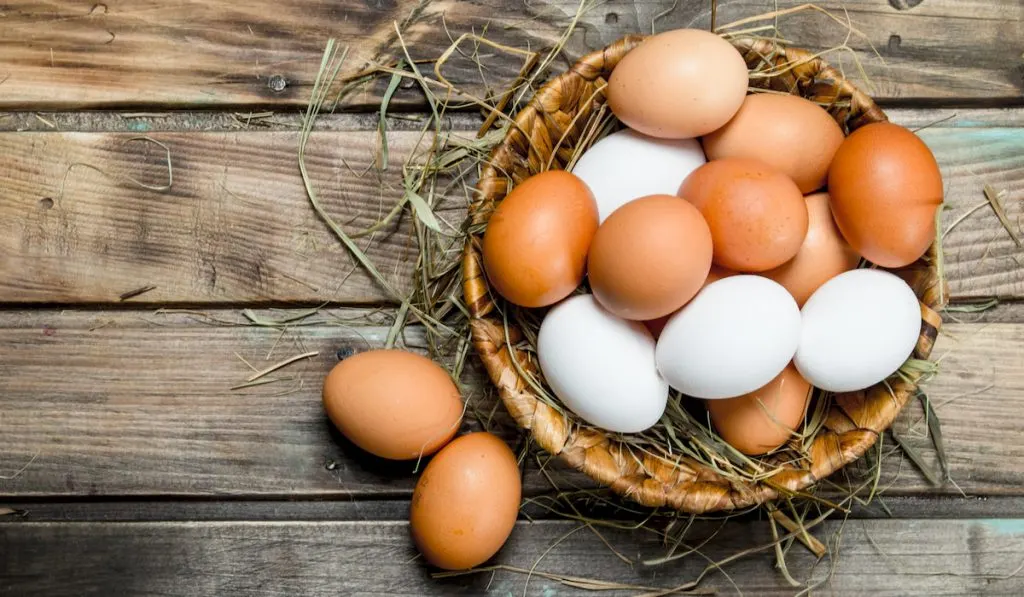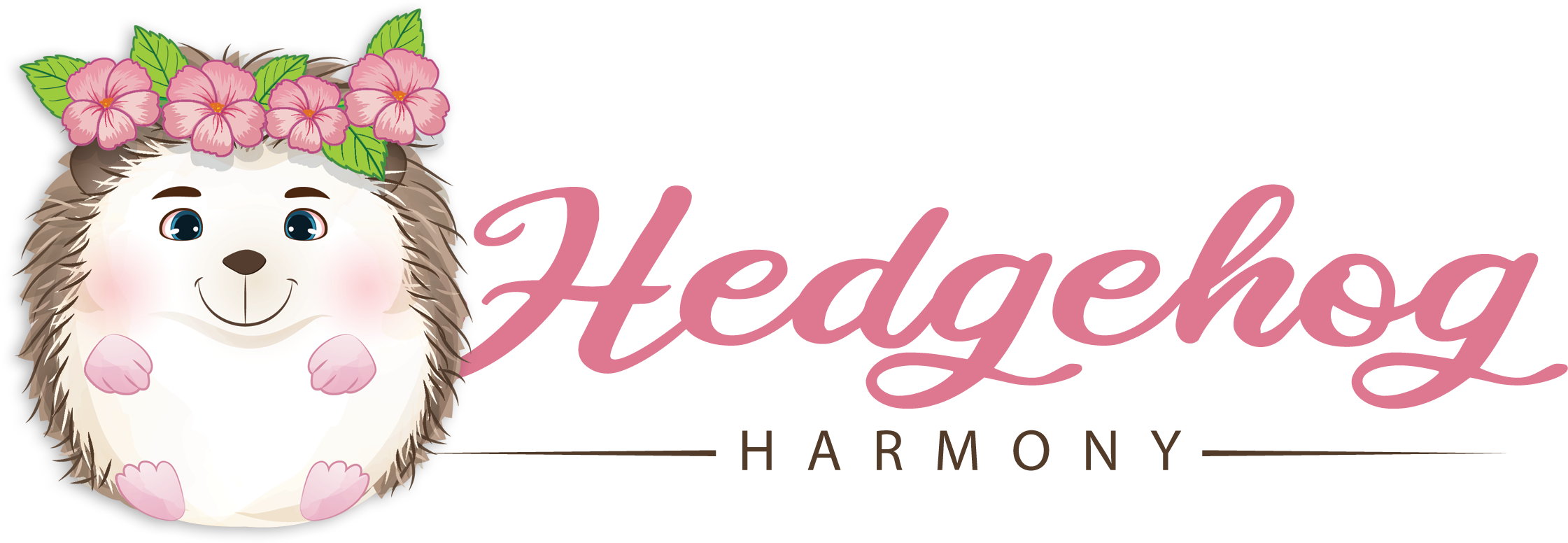Many people wonder if their hedgehogs can eat eggs.
The short answer is yes, hedgehogs can safely eat eggs.
Hedgehogs love eating eggs and you can feed them as occasional treats or even on a regular basis. They do not eat raw eggs but enjoy hard-boiled and scrambled eggs.

Since eggs are rich in proteins, they provide many nutrients for the hedgehog’s growth and development.
Eggs can at times have adverse side effects on other animals and the hedgehog is no exception, more specifically when given raw eggs.
You should take note that hedgehogs are impatient animals, and do not like it when given hot food.
They also distinguish between fresh quality food and leftovers, so you should basically avoid leftovers, since they may even lose interest as soon as they realize they are eating leftovers.
Hedgehogs are indeed special pets.
They are easy to bond with and do not require much attention. They are clever and smart enough to understand situations at times when you are busy for example, and they are totally fine on their own.
They are also cute and simple animals, actively playing and curious. This gives your home simple and priceless entertainment.
Hedgehogs are not attention seekers, but rather need lots of care from the owner.
You should therefore learn to distinguish and provide for their needs, especially their dietary needs. They are nocturnal animals, and therefore need care and feeding around the clock.
Hedgehog’s Nutritional Needs
Depending on their development stages and conditions, hedgehogs have different nutritional needs.
Different specialists and vets, however, have different suggestions and preferences on food provisions that give your hedgehog the nutrient requirements essential for their growth.
A hedgehog must consume foods rich in proteins, fats, vitamins, fiber, carbohydrates, minerals, and water for it to have a healthy living, and also help in digestion.
For a healthy hedgehog, the protein content in their foods should be higher than 20%.
Some breeders go to the extent of sourcing food with even up to 35% proteins to help in the development stages of a baby hedgehogs.
However, not all protein-rich foods have the same percentage of proteins and nutrient levels. With this in mind, eggs are easy to digest and also have an abundant level of proteins.

Egg Facts and Nutrients
Eggs are a rich source of protein for both humans and animals. They also have different amounts of essential vitamins and minerals for growth, health, and development.
The egg’s white majorly contains protein, while the yolk is rich in both protein and vitamin A.
Eggs also have other nutrients and minerals such as calcium and iron, which are responsible for supporting the hedgehog’s bones.
Other nutrients eggs contain are vitamins A, B, D, E, B12, Folate, Phosphorus, Selenium, Zinc, and Choline.
Vitamin A is responsible for eye and skin tissue health, and greatly improves the hedgehog’s night vision since they are nocturnal.
Vitamin D is rare. Eggs, among other foods edible to the hedgehog, have a natural and significant source of vitamin D, essential for the hedgehog’s bone health and strengthening immunity.
Vitamin E helps in maintaining immunity against diseases and keeping healthy. Choline aids the effective function and brain development of your hedgehog.
It is a fact and an added advantage that eggs are easy to eat and digest, so the hedgehog should find it easy to deal with eggs.
On the other hand, eggs do have high cholesterol levels, which is not good for the hedgehog’s circulatory system, and may also be responsible for other major complications like obesity.
How Many Eggs Should you Feed your Hedgehog?
For a fully grown adult hedgehog, one teaspoon or less of an egg at a time is fine.
It is advisable to give it eggs along with other food varieties like meat, fruits, and vegetables.
Because of their high cholesterol levels, it is advisable to feed your hedgehogs eggs in moderation, because they are prone to obesity.
Getting advice from a certified consultant or a qualified vet, therefore, proves to be important when deciding the serving size of eggs for your hedgehog.
Hedgehogs are very active and burn a lot of energy at night, and as a result, they may eat more at night.
Either way, you should control the amount of eggs it consumes.
More active and larger hedgehogs may require more food.
It is your duty as the owner to care for and monitor the hedgehog’s weight, using a baby scale.
If there is more than 10% weight gain for the hedgehog, whether young, fully grown, or large, you should cut back on the number of eggs and food at large, that you feed the hedgehog.
Hedgehogs love to try different flavors of food.
You should however try to keep the protein levels at all times at a range of 28% to 35% in the foods. Having eggs as a supplementary to those deficient of this essential characteristic is the perfect fit.
It should not worry you when your hedgehog does not eat much during the day.
These animals are nocturnal and are way more active, and eat more at night. Leftovers and uneaten food should be disposed of to avoid spoilage and ruining the hedgehog’s appetite.
Clean water should also be always available to the hedgehog.
Serving Eggs To Hedgehogs
A plain and natural taste is best.

Scramble the eggs with no added seasoning, oils, or preservatives. Additives and preservatives, or any other food with any artificial content may be toxic to your hedgehog.
Their nutrients levels may also not be suitable for your hedgehog. A hard-boiled egg is also suitable for a hedgehog.
Hedgehogs do not like hot food.
Since they are impatient animals, you have to ensure that the food is at the right temperature before you give it to them, because as soon as you do, they won’t wait to grab the food and munch it up chunk after chunk.
As also mentioned earlier, hedgehogs distinguish the difference between fresh food and leftovers, so stale food and leftovers should be totally avoided, to avoid risking the hedgehog’s appetite.
How Often Should Hedgehogs Eat Eggs?
Hedgehogs are nocturnal, and so, are more active and may eat more at night.
You, therefore, don’t have to worry if you don’t see them eating much during the day. For a fact, they never skip their meals, unless there is no food around.
It is fine to give your hedgehogs eggs on a daily basis but should be in small portions and in the company of other foods such as vegetables, fruits, and insects, for a balanced diet.
Most vets and consultants, however, advise that eggs should be given as occasional treats only.
This is because too many eggs may lead to serious health issues, and so their intake should be monitored.
If they gain weight and are always hungry for eggs, you should consider limiting and cutting the number of eggs you feed them, say for example from daily to once or twice a week, to even just having it as an occasional treat.
Having eggs as a treat can come in handy, as eggs are a good tool to get your hedgehog to obey your orders for the nice treat.
Effects Of Overeating Eggs For Hedgehogs
Hedgehogs quickly gain weight when they overeat, especially protein-rich foods like eggs.

This increases the chances of being overweight, as these animals are prone to obesity.
It is true that eggs are a tasty treat for them, but you should encourage feeding them along with vegetables and fruits to ensure a balanced diet.
Eggs are also high in cholesterol, which may be responsible for exposure to other complications and health problems.
For hedgehogs, high cholesterol levels often lead to discomfort and high chances of suffering from digestive and gut diseases.
Cardiovascular disease is also another risk that tags along with high cholesterol levels.
Always consult with your vet to explore immediate and quick solutions just in case any of this happens, as hedgehogs have a very sensitive immune system.
Eggs also carry the risk of bacteria such as Salmonella bacteria, which is harmful to your hedgehog.
This bacteria can survive, even under extreme temperatures, and with time, it will dominate your pet’s body, leaving it weak or unresponsive, and at times both.
Eggs are not bad, but as a caring and responsible owner, you should be in a position to prevent these adverse effects through a balanced diet and a definite feeding plan for your pet.
Consulting with your vet on how much and how often to feed your hedgehog eggs should also be a priority.
Conclusion
Hedgehogs should be given the right nutrients in a balanced diet on a daily basis.
Since they are omnivores, they tend to eat everything edible they come across. Domestic hedgehogs tend to live longer than their wild brothers because they have a balanced and appropriately observed diet.
Eggs are the go-to comfort food for everyone and are a tasty treat for hedgehogs.
You should, however, limit their intake to avoid health issues. You should also consider consulting your vet on other options apart from eggs if you can’t control their appetite for eggs.
At all times, a caring owner should be mindful of their pet’s health condition, the foods they eat, and the nutrients they get.
Resources
- https://www.hedgehogcentral.com/threads/scrambled-eggs.11596/
- https://petschecklist.com/can-hedgehogs-eat-eggs/
- https://www.thesprucepets.com/what-do-hedgehogs-eat-4588705
- https://petschecklist.com/hedgehog-facts/
- https://www.hedgehogcentral.com/threads/too-many-eggs.191730/
- https://yarmouthvetcenter.com/hedgehog-nutrition-and-feeding.pml
- https://vcahospitals.com/know-your-pet/hedgehogs—feeding
- http://hedgehogheadquarters.com/secure/nutrnoverview.htm
